
There are tons of home-remedies and over-the-counter products based around allergies. Lubricating your eyes with artificial tears helps to dilute accumulated allergens and prevent them from sticking to the conjunctiva. Unfortunately, these drops have no impact on swelling or redness.
For the best relief for your eyes, call our office at 850.769.1404 for an evaluation of your eyes. There are a variety of decongestant eye, antihistamine, and steroid drops that can stop the suffering.
Here are a few tips to remember:
- Avoid staying outdoors when pollen levels are high
- Allergies dry your eyes and dryness keeps more allergens on the surface-- break the cycle!
- Cold compresses soothe allergy swollen eyes
- Refrigerate eye drops for a soothing sensation during application
- DO NOT RUB your eyes as this spreads histamines and causes more itching
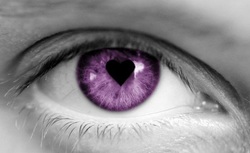
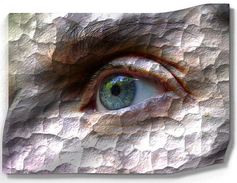
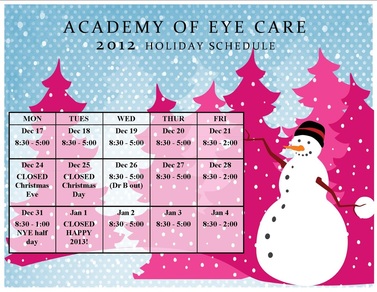
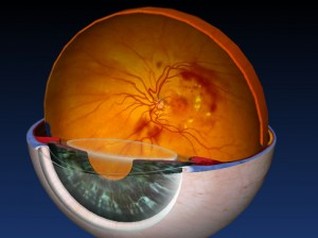


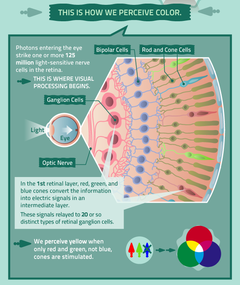
 RSS Feed
RSS Feed
